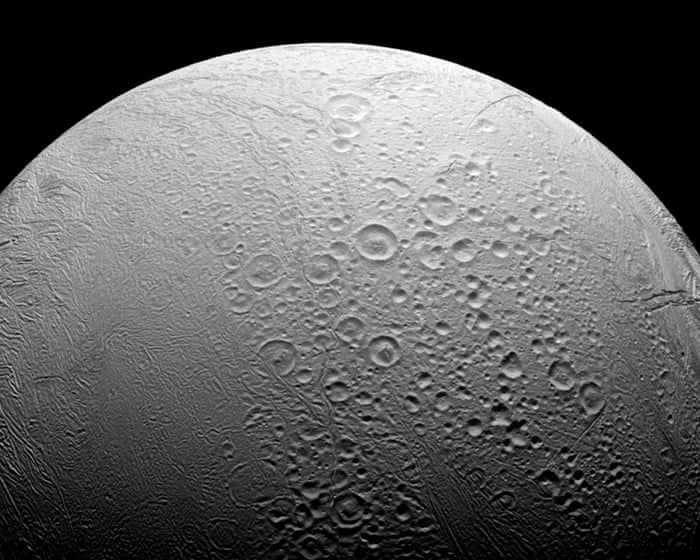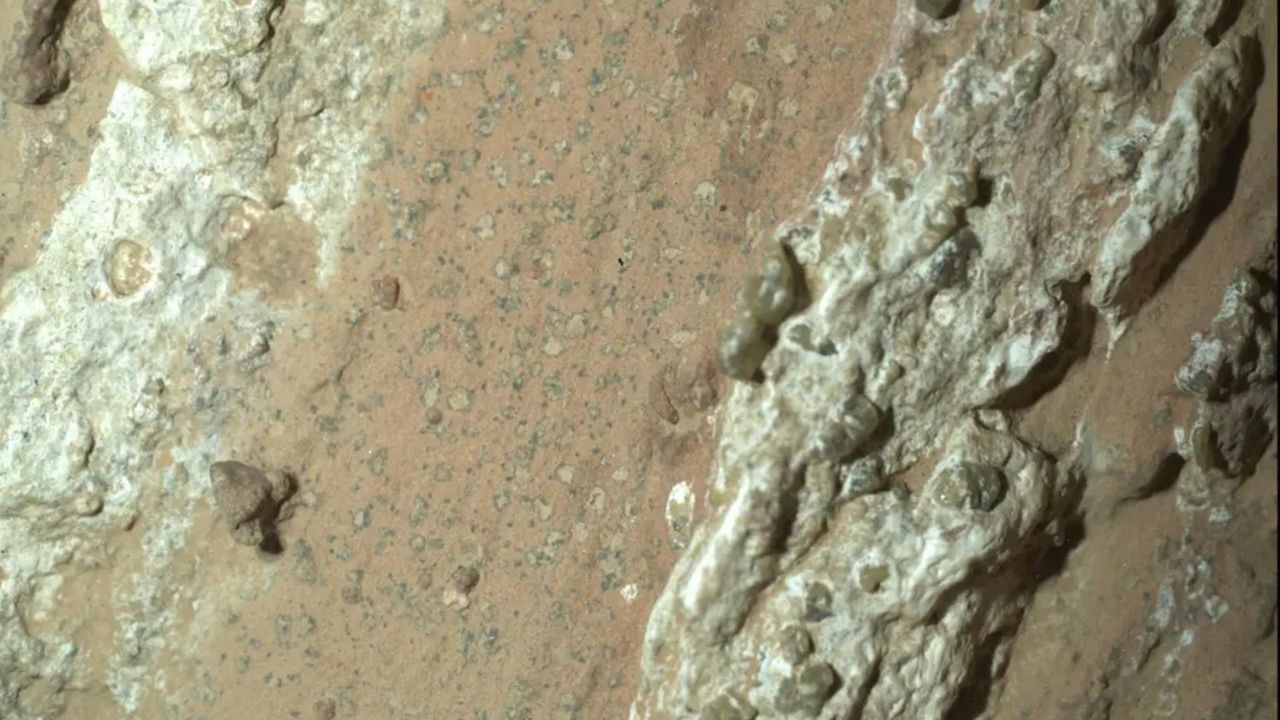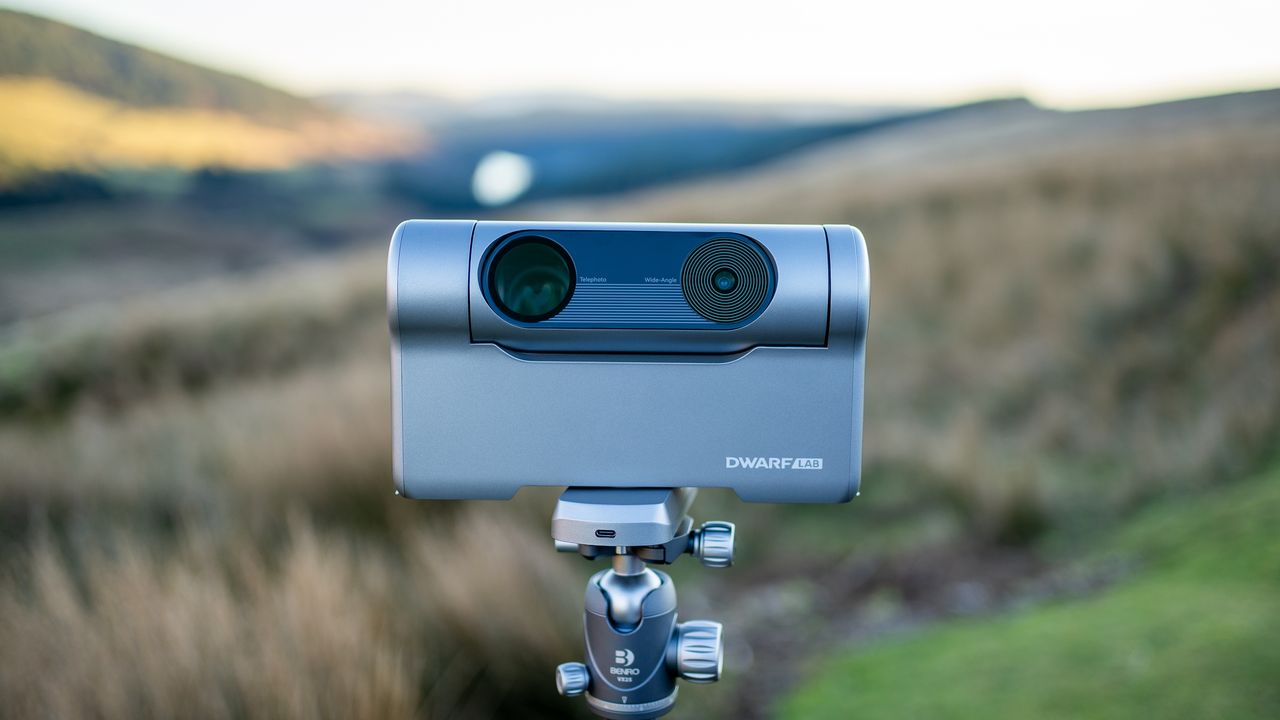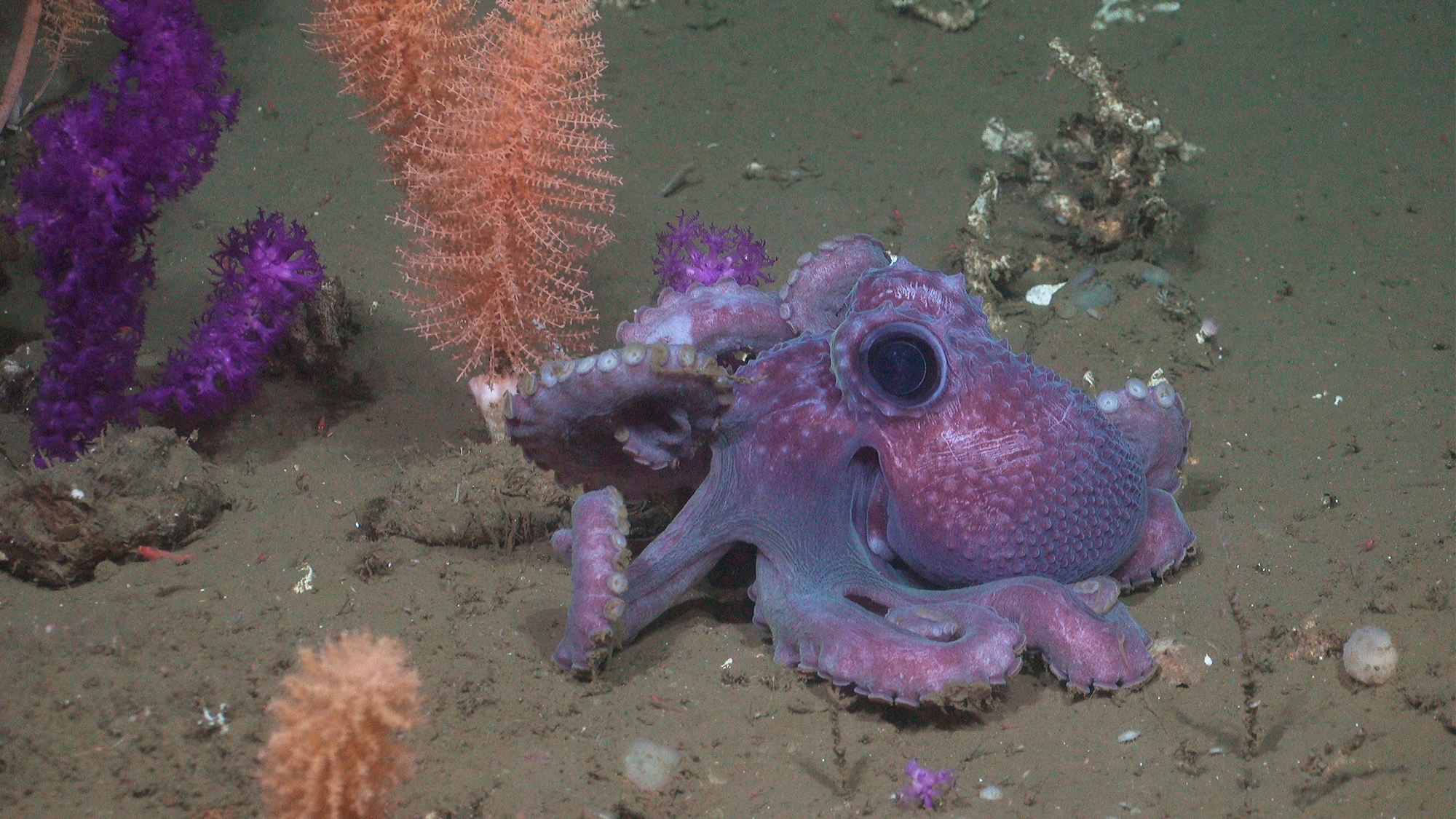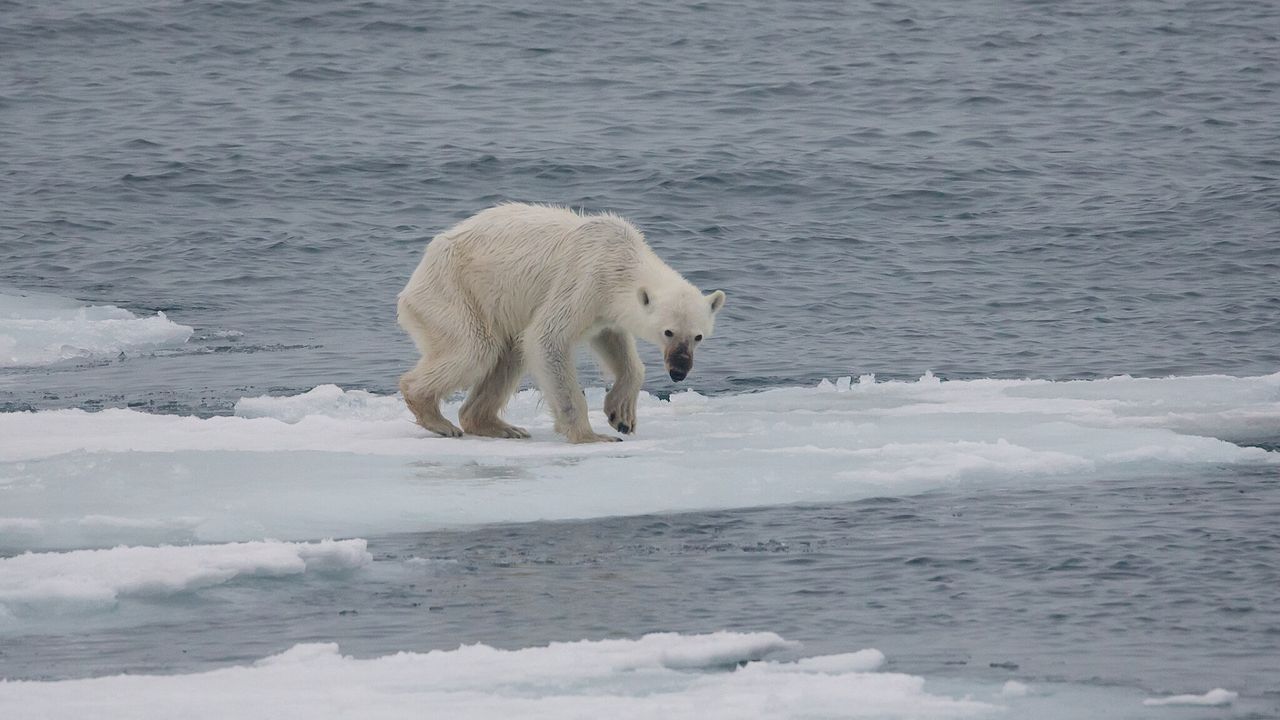This Week In Space podcast: Episode 180 — NASA is Closed for Business
NegativeScience

In the latest episode of This Week In Space, hosts Rod Pyle and Tariq Malik delve into the significant implications of NASA's shutdown and the precarious dismantling of the space shuttle Discovery, driven by Texas's insistence. This matters because NASA's operations are crucial for space exploration and scientific advancement, and the shutdown raises concerns about the future of space missions and research.
— Curated by the World Pulse Now AI Editorial System
